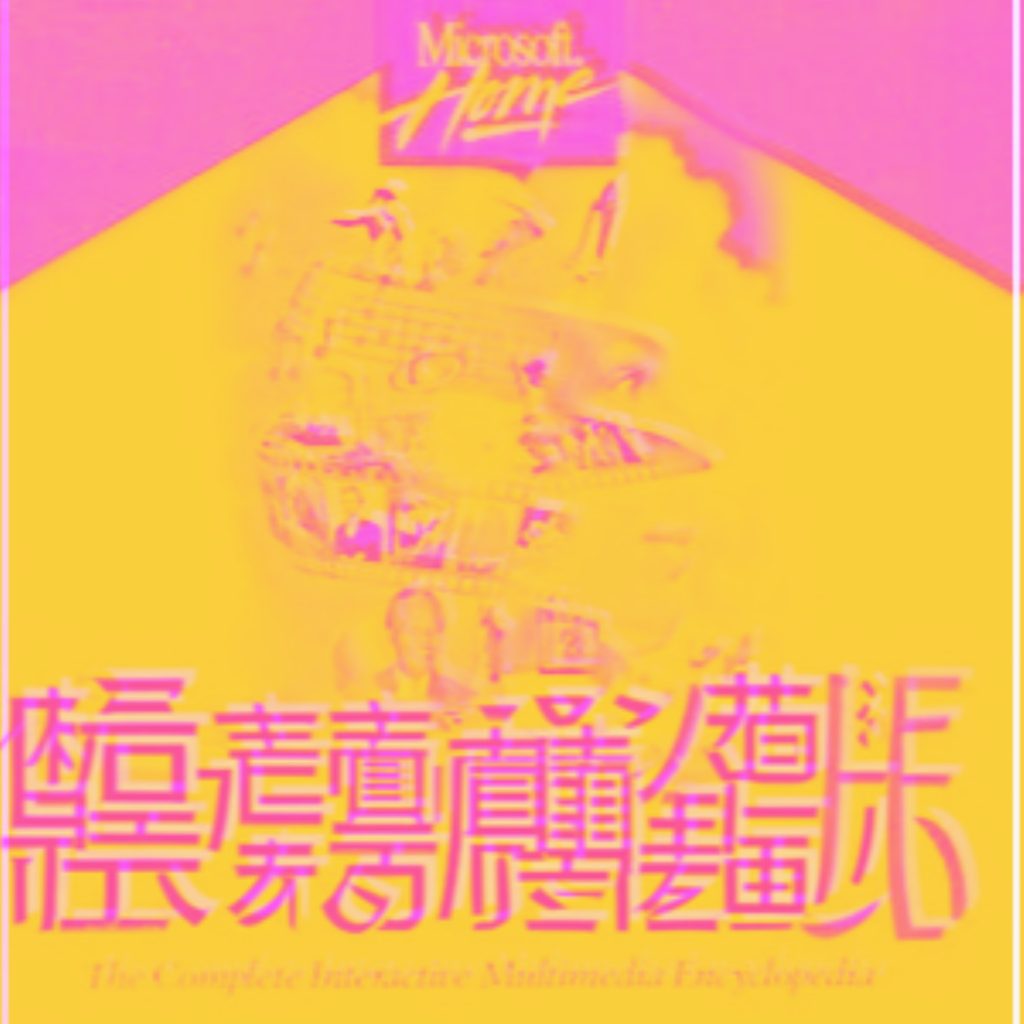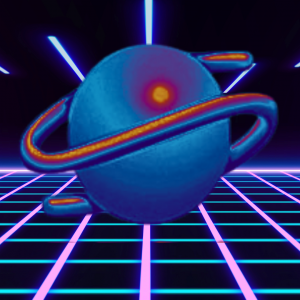Revsiting the wonder that was the world on CD.
There’s a whole generation out there that grew up with the infinite pool of knowledge Wikipedia brought to the masses. These days, it’s the first port of call for most of us when we need answers. But back when I was at university, citing Wikipedia in essays was practically academic heresy. “It’s not a reliable source,” my lecturers warned. Fair enough—anyone with a keyboard and a bad mood could edit it.
Yet even now, Wikipedia has its issues. I remember the furore when movie studios tried to erase spoilers from their films’ Wikipedia pages, sparking debates about censorship and the whole concept of open-source information. But before all this, there was something else entirely—a gateway to knowledge that didn’t require the internet or anyone tinkering with the facts.
Before Wikipedia, before Ask Jeeves or Google, there was Encarta.
My First PC Came with a Portal to the World
It was 1994, and I was an 11-year-old kid living in Mt Roskill, New Zealand. My family had been proud owners of an Acorn Archimedes—a computer that had its charm but was hopelessly outclassed by the Windows-based PCs my friends raved about. Then, one day, it happened: we got our first PC, a Compaq Presario. It came bundled with Windows 95 and a treasure trove of software, including the crown jewel: Encarta 95.
Encarta wasn’t just an encyclopedia; it was an experience. I still remember the cautious excitement in our household as we set it up. The PC was installed in the sunroom, far from any drinks or snacks that could spell disaster for our shiny new machine. My parents didn’t care how long I spent poring over Encarta, either—unlike my beloved Day of the Tentacle, Encarta was educational.
Within minutes of booting it up, I was hooked. Encarta 95 let me explore the world from the comfort of my chair. Need to hear Italy’s national anthem? Encarta had you covered. Want to see iconic events in motion? It had video clips and even audio recordings of speeches. It was like holding the universe on a single CD-ROM.
Hyperlink Rabbit Holes Before the Internet
Encarta was a marvel of the time because it used hyperlinks, something that blew my tiny mind. Click on a keyword, and you’d be whisked away to a new article. I’d start with something sensible like flags of the world and end up hours later watching videos on semaphore signals. It was addictive in the best way possible.
It wasn’t just me. When I got to Mt Roskill Intermediate, they even had a class where we used Encarta. I walked in thinking I was the expert, strutting around as if I’d invented the thing. I probably annoyed my teacher no end with my confidence, but to me, this was my domain.
The thing is, this was the mid-‘90s, and the internet wasn’t a household staple yet. In New Zealand, bulletin boards and text-based forums still ruled the day. The idea of a multimedia encyclopedia that could fit on a single disc was revolutionary.
The Magic of MindMaze
While Encarta was full of fascinating articles, its hidden gem was MindMaze, a quiz-based game set in a castle. Picture this: a dungeon-crawling adventure where every room tested your knowledge with multiple-choice questions. If you answered quickly, you earned more points; take too long, and you’d watch your score tick down.
It was everything I loved—part trivia, part adventure, part old-school PC game. To this day, MindMaze stands out as one of the most entertaining “educational” experiences I’ve ever had. If you know, you know.
Encarta: My Generation’s Wikipedia
Encarta 95 felt limitless, even though it was constrained by the size of a CD-ROM. Sure, it couldn’t compete with the vastness of Wikipedia, but in many ways, it didn’t need to. Unlike Wikipedia, Encarta’s content was meticulously curated and sourced from actual encyclopedias, giving it a stamp of authority that Wikipedia still struggles to earn in academic circles.
By the time Encarta transitioned to DVDs and an online format, it was too late. Wikipedia’s speed and accessibility had rendered it obsolete. The final version of Encarta, an online-only edition in Japan, shut down in 2009.
Still, for those of us who grew up with it, Encarta holds a special place in our hearts. It wasn’t just a piece of software; it was a symbol of the ‘90s—optimistic, innovative, and a little clunky in hindsight.
Encarta Lives On in Nostalgia
Even now, I get nostalgic thinking about that opening theme—an ambitious sound collage of Nelson Mandela, Death of a Salesman, and general ‘90s optimism. Someone once called it “a time capsule of the era,” and they weren’t wrong.
I’d love to walk into a vaporwave-themed club night one day and see Encarta 95 running on a projector in the background. Until then, I’ll keep falling down the occasional Wikipedia rabbit hole, clicking link after link, and remembering the CD-ROM that started it all.

